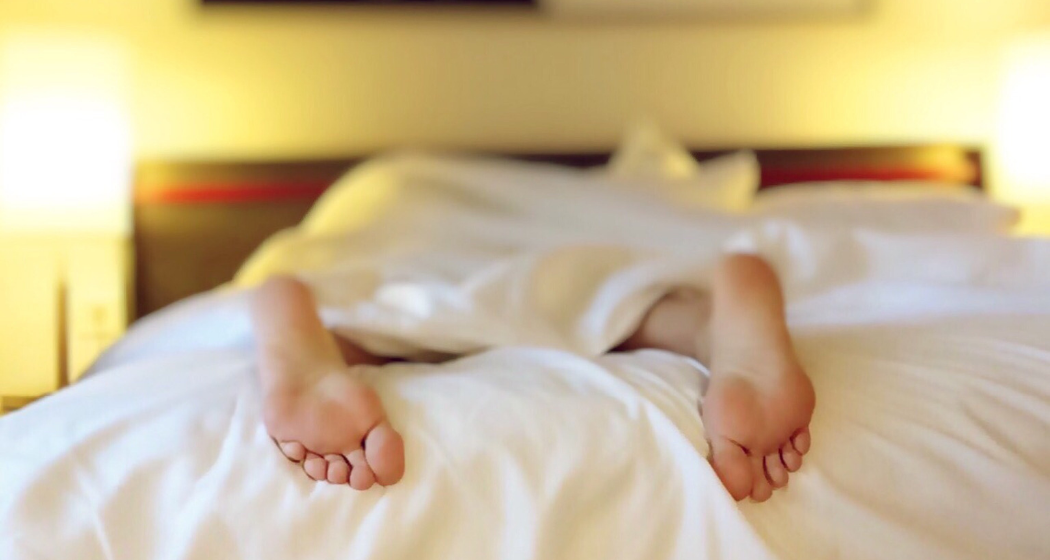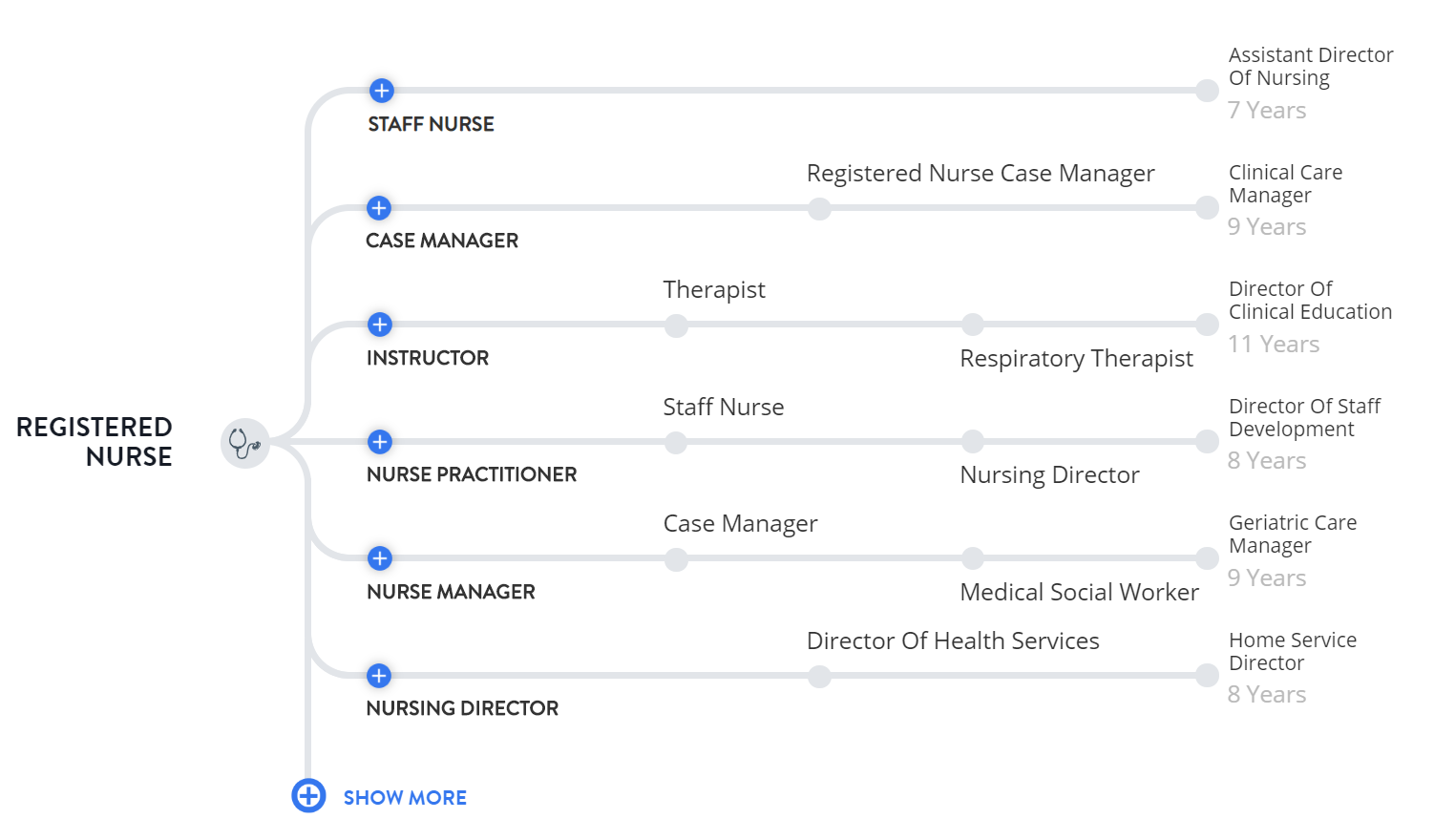No one goes to college expecting to catch up on sleep, so it might not come as a surprise many college students don't sleep enough at night. In fact, one study found about 70 percent of college students are lacking in this department. What might surprise you is the college major you choose may have a big impact on how much sleep you get. The Tab Sleep Survey found certain college majors are more deprived than others. That's good to know, because not getting enough sleep can have consequences, such as poor health, depression and weight gain.
CNN highlights a recent study with college students directly linking inconsistent sleep schedules to lower grades. The results are clear: the more irregular the sleep pattern, the lower the grade point average. If you're having trouble falling asleep, limit caffeine to the morning, and don't use technology right before bed. Fortunately, these are habits you can control if you want better sleep. If your college major is on The Tab's list of most sleep-deprived, you may want to start making changes now — especially if it's one of these top five.
1. Architecture
Hours of Sleep: 5.28
Median Annual Pay: $79,380
College students majoring in architecture appear to suffer from the most sleep deprivation with an average of 5.28 hours — quite a bit lower than the recommended amount of at least seven.
If you're interested in this major, you'll need a bachelor's degree in architecture, followed by a paid internship and a passing score for the Architect Registration Examination. You can improve your job prospects by getting a master's degree in this area of study.
Keep in mind job growth is a bit slower than average, at four percent annually. Once you do get a job as an architect, you'll spend your days planning and designing buildings and houses. This means meeting with clients to discuss requirements, preparing scaled drawings and visiting work sites to oversee builders and their progress.
2. Nursing (RNs)
Hours of Sleep: 5.69
Median Annual Pay: $71,730
Next on the list of most sleep-deprived college majors is nursing. On average, students in nursing school get 5.69 hours per night. That's probably because they're busy studying enough to get through their four-year degree program for a Bachelor of Science in nursing (BSN), an associate's degree in nursing (ADN) or a relevant diploma from an approved program.
Nursing students are rewarded with a career experiencing explosive growth. The Bureau of Labor Statistics (BLS) states the job growth outlook for nurses is about 15 percent — much faster than average. The median salary for nurses is also higher than average at $71,730 annually.
If you think nursing may be for you, expect to spend the day assessing the condition of your patients, running tests, administering medicine, educating patients on their condition and providing support to their families. To learn more about your options as a Registered Nurse, dive into this interactive career map from Zippia.
3. Biochemistry
Hours of Sleep: 5.69
Median Annual Pay: $93,280
Biochemistry majors aren't any better off than nurses getting an average of 5.69 hours of sleep per night as they work toward their degree. Maybe they lose sleep, because they know a bachelor's or master's degree will only afford entry-level positions. To be successful in this field, a PhD is required for independent research and development.
After graduation, these college students can expect a median annual salary of $93,280 and a job growth rate of 11 percent, which is faster than average.
Want to be a biochemist? Your day will involve studying the chemistry of living things, including diseases, cell development and growth. You might also research how drugs affect biological processes, synthesize and analyze molecules and present your findings to the scientific community.
4. Creative Writing
Hours of Sleep: 5.75
Median Annual Pay: $62,170
Creative writing majors fare a little better with 5.75 hours of sleep per night. Fortunately, a four-year bachelor's degree in English, communications or journalism is usually sufficient to start a career as a writer, so graduate school isn't a requirement for these college students.
This career path boasts a growth rate of eight percent, so writers shouldn't have too much trouble landing a job post-graduation. Blogging, copywriting, social media and business content are options for job seekers with these skills.
If you enjoy an independent work environment, this industry is for you. The BLS reports approximately 2 in 3 writers and authors were self-employed in 2016. With the freedom to be mobile, writers often work from home, a co-working space or wherever remote access is available.
5. Ecology
Hours of Sleep: 5.75
Median Annual Pay: $71,130
The Tab's list shows ecology majors getting 5.75 hours of sleep per night, the same as creative writers. And like writers, ecologists don't typically need a graduate degree. A four-year bachelor's degree in ecology, environmental science or a related field — such as chemistry or biology — should suffice. Of course, a master's degree or additional training will increase job prospects and improve networking options.
An 11 percent growth rate places increased demand on scientists and specialists. As environmental concerns heighten, businesses are incentivized for putting programs in place to reduce their impact. This opens the job market up for even more possibility in STEM careers.
Take a look at the Tab's Sleep Survey top 20 results. For more information on education, training and pay for sleep-deprived college majors and careers like the ones seen here, visit the Bureau of Labor Statistic's Occupational Outlook Handbook.
.png?width=600&height=338&name=20%20Sleep%20Deprived%20College%20Majors%20(3).png)
College may rob you of sleep, but the eventual success of setting out on the career path of your dreams makes up for the sacrifice, right? Take steps now to unjam your sleep schedule and get the most out of every night. Try implementing time-blocking methods during the day to avoid late nights cramming for tests. Share study secrets with other college students. Schedule your social life around school, and keep it consistent. Make your bed sacred, and only use it for sleeping. This will tell your body what to do when you finally hit the sack. If you're college bound and still living at home, practice good sleeping habits now. College and career readiness starts when you want it to.

%20(1).png)
.png)

![[You might like: Where do tech stars live, work in 2019?]](https://no-cache.hubspot.com/cta/default/2665497/cb05da59-098c-4ea0-9fed-37919965384a.png)

